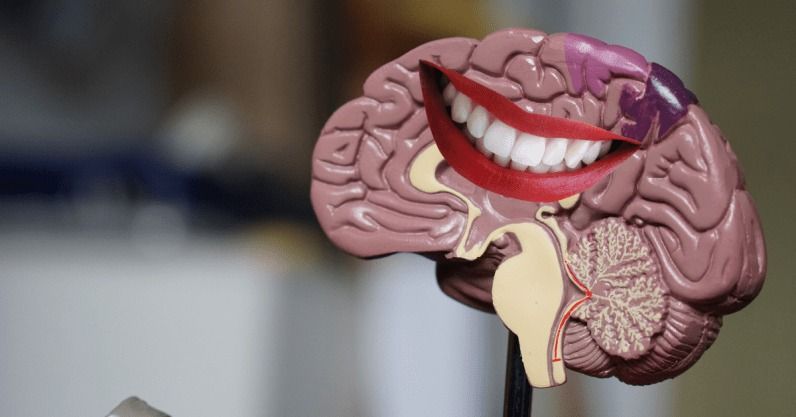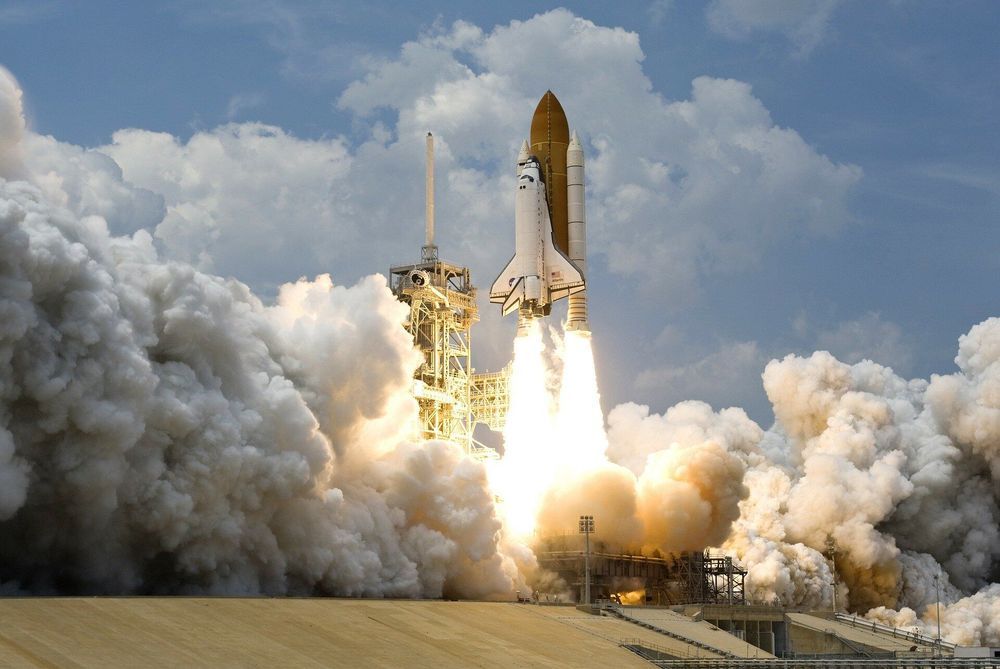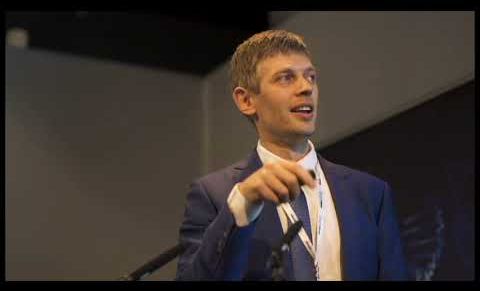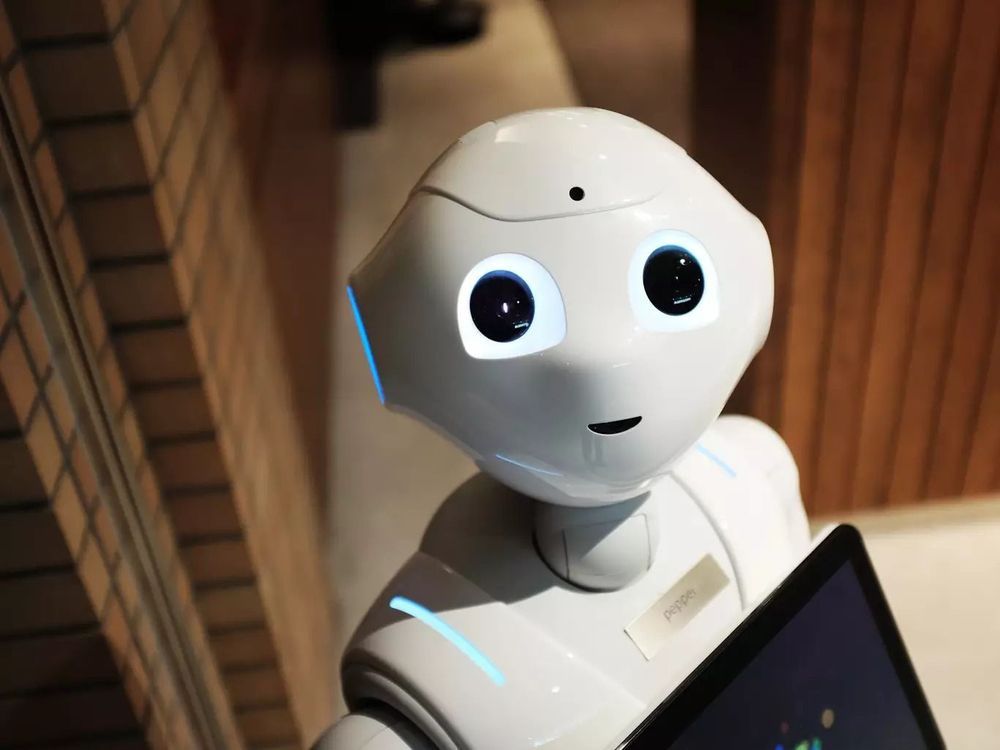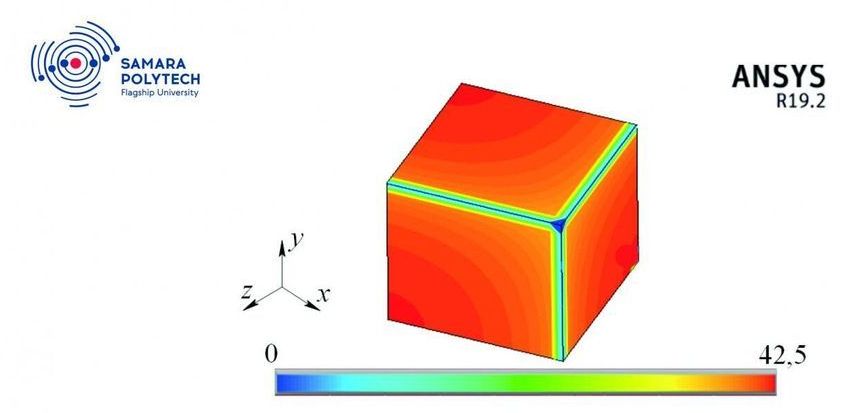
A team of scientists from the Research Center “Fundamental Problems of Thermophysics and Mechanics,” of Samara Polytech is engaged in the construction of new mathematical models and the search for methods for their study in relation to a wide range of local nonequilibrium transport processes in various physical systems. An innovative approach developed not so long ago is based on a modern version of third-generation thermodynamics. The project of these scientists, “Development, theoretical research and experimental verification of mathematical models of oscillatory processes, heat and mass transfer and thermomechanics with two- and multiphase delays” was among the winners of the RFBR contest. Recent research results are published in the journal Physica A: Statistical Mechanics and its Applications.
An interest in studying local nonequilibrium processes that take into account the specifics of transport processes at the molecular level (the mean free path of a molecule, the momentum transfer rate, relaxation time, etc.) is dictated by the need to conduct various physical processes under extreme conditions—for example, femtosecond concentrated exposure to energy flows on matter, ultra-low and ultra-high temperatures and pressures, shock waves, etc. Such physical processes are widely used to create new technologies for producing nanomaterials and coatings with unique physicochemical properties that cannot be obtained by traditional methods (binary and multicomponent metal alloys, ceramics, polymeric materials, metal and semiconductor glasses, nanofilms, graphene, composite nanomaterials, etc.).
“Classical thermodynamics is not suitable for describing processes that occur under local nonequilibrium conditions, since it is based on the principle of local equilibrium. Our project is important both for fundamental science and for practical applications,” explains the project manager, Professor Igor Kudinov. “To accomplish the tasks, we plan to create a new, unparalleled software package designed for 3D modeling of high-speed local nonequilibrium processes of heat, mass and momentum transfer. Thus, our method opens up wide possibilities for studying processes that are practically significant from the point of view of modern nanotechnology.”
